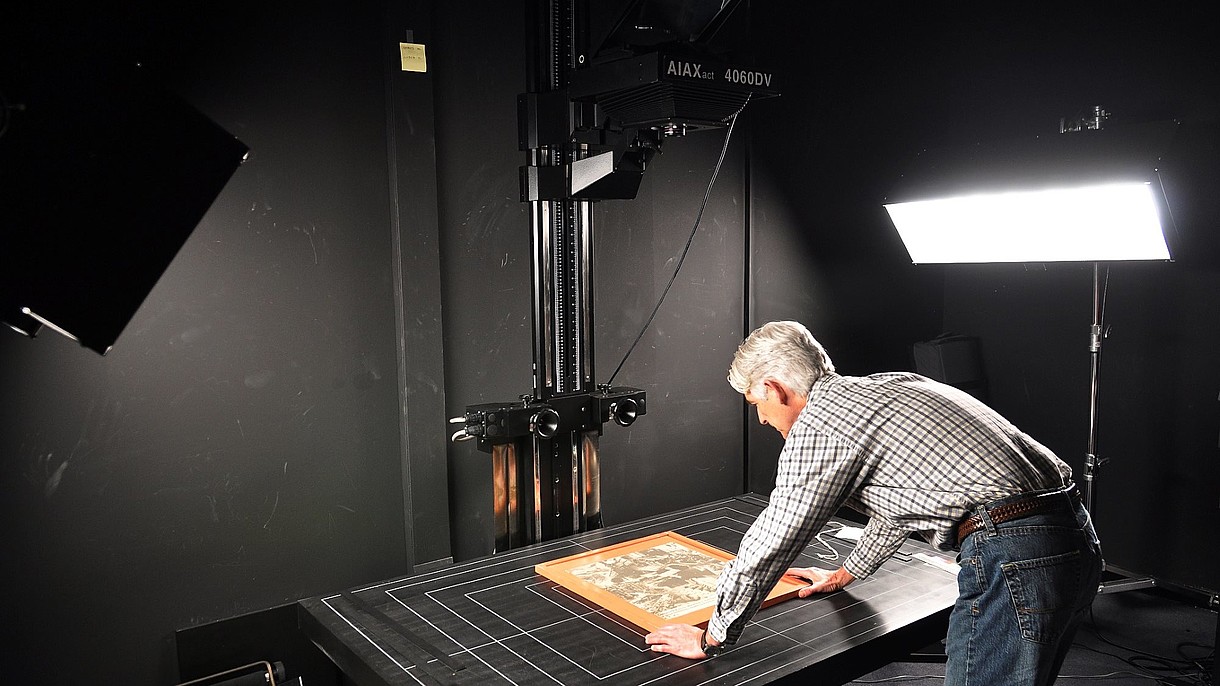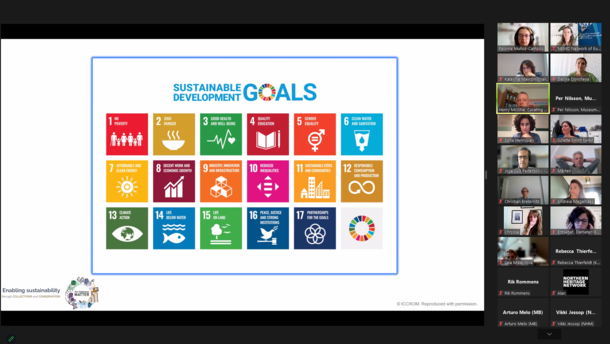Most Member States have to various extent initiated the legislative procedure of implementing the DSM Directive. NEMO encourages all museums to get in touch with their national ministry to inquire how museums will be involved and ensure that they are not forgotten in the process of implementing the directive at national level.
Since the Directive is of outmost importance to museums and their digital activities, NEMO is closely monitoring the development of its implementation in the Member States and status at European level. Along NEMO’s updates about the advances, inDICEs – Measuring the Impact of Digital Culture is an excellent source of information to consult to learn how to best handle digital collections.
COMMUNIA, which advocates for policies that expand the public domain and increase access to and re-use of culture and knowledge, offers regular updates on the current stand of the implementation of the DSM Directive in all EU Members States. COMMUNIA has also launched a playful initiative to monitor the progress of the Members States’ implementation status. The Eurovision DSM Contest tracks how far the 27 Member States have come in the implementation process and offers detailed information of every country.
National Consultation procedures of the EU Directive
COMMUNIA summarises the consultation procedures of the Member States:
“The vast majority of Member States attempted to give all stakeholders, and not only a selected few, opportunities to participate in the discussions. Some countries decided to consult stakeholders at the very beginning of the process, before embarking in the drafting process, others kept discussions alive throughout the process, and others yet reserved most time for dialogue after releasing the draft.
Of the 19 Member States that organized pre-consultation processes, 8 held formal consultations, 8 opted for setting up working groups or entering into other forms of dialogue with stakeholders on the provisions of the Directive, and only 3 organized both a consultation and meetings with stakeholders before starting the drafting process. After the release of the draft, 7 countries organized formal consultations, 6 engaged in dialogues with stakeholders, and 2 (Germany and the Netherlands) opted by running formal consultations and engaging also in constructive dialogues with the stakeholders.
So far, Greece, Italy, Finland, Malta, Norway, Portugal, Poland, Spain, Sweden are the only countries that have not publicly released any draft implementation text. France and Denmark have yet to release proposals for the parts of the Directive that have not yet been implemented.”
Interactive overview of copyright exceptions
Find an interactive overview of general legislations regarding different kinds of copyright exceptions in the EU countries on copyrightexceptions.eu. Although the exclusive rights of creators and other rightsholders are mostly harmonised across the Member States of the EU, exceptions and limitations are far from it. The website documents the implementation status of 22 exceptions and limitations to copyright.





